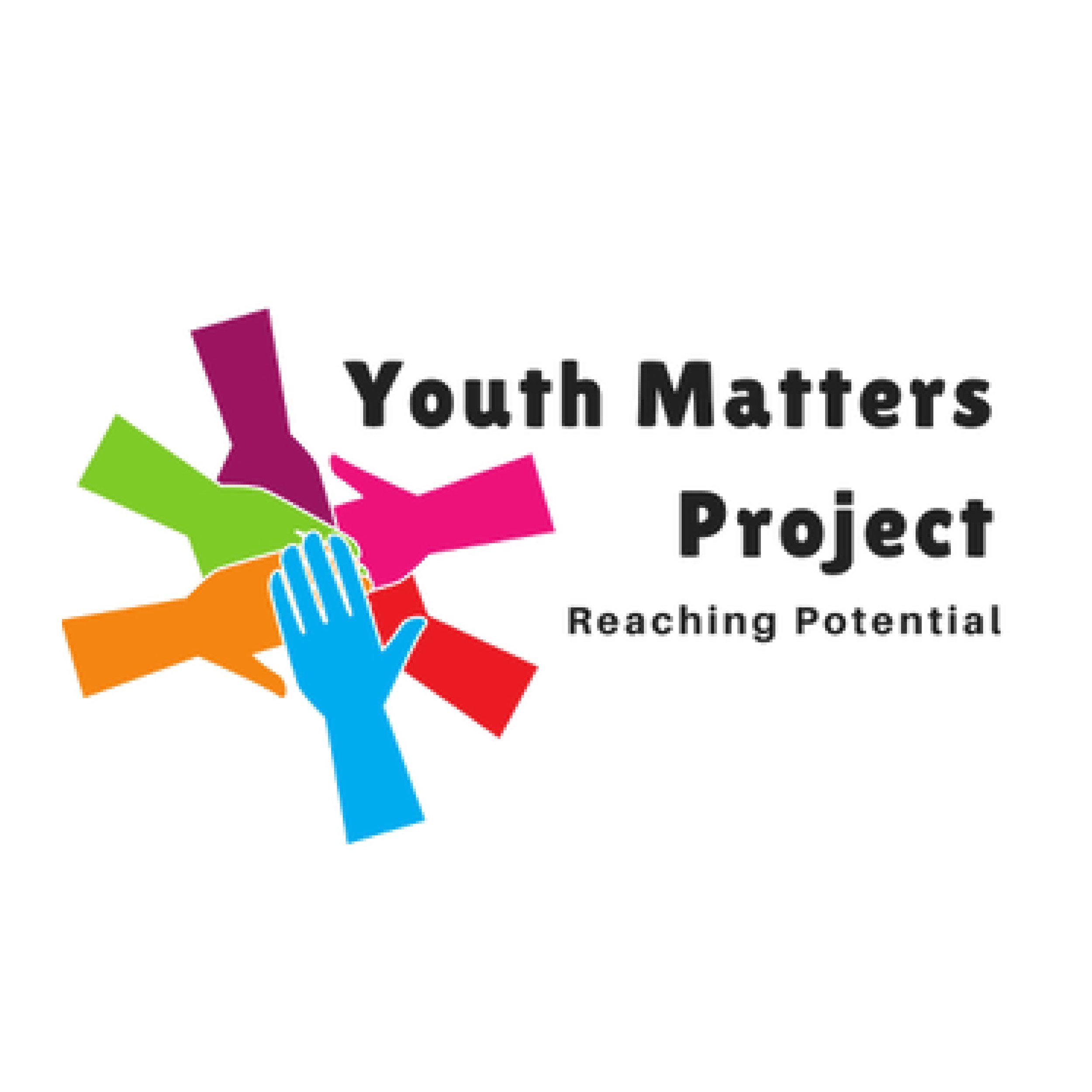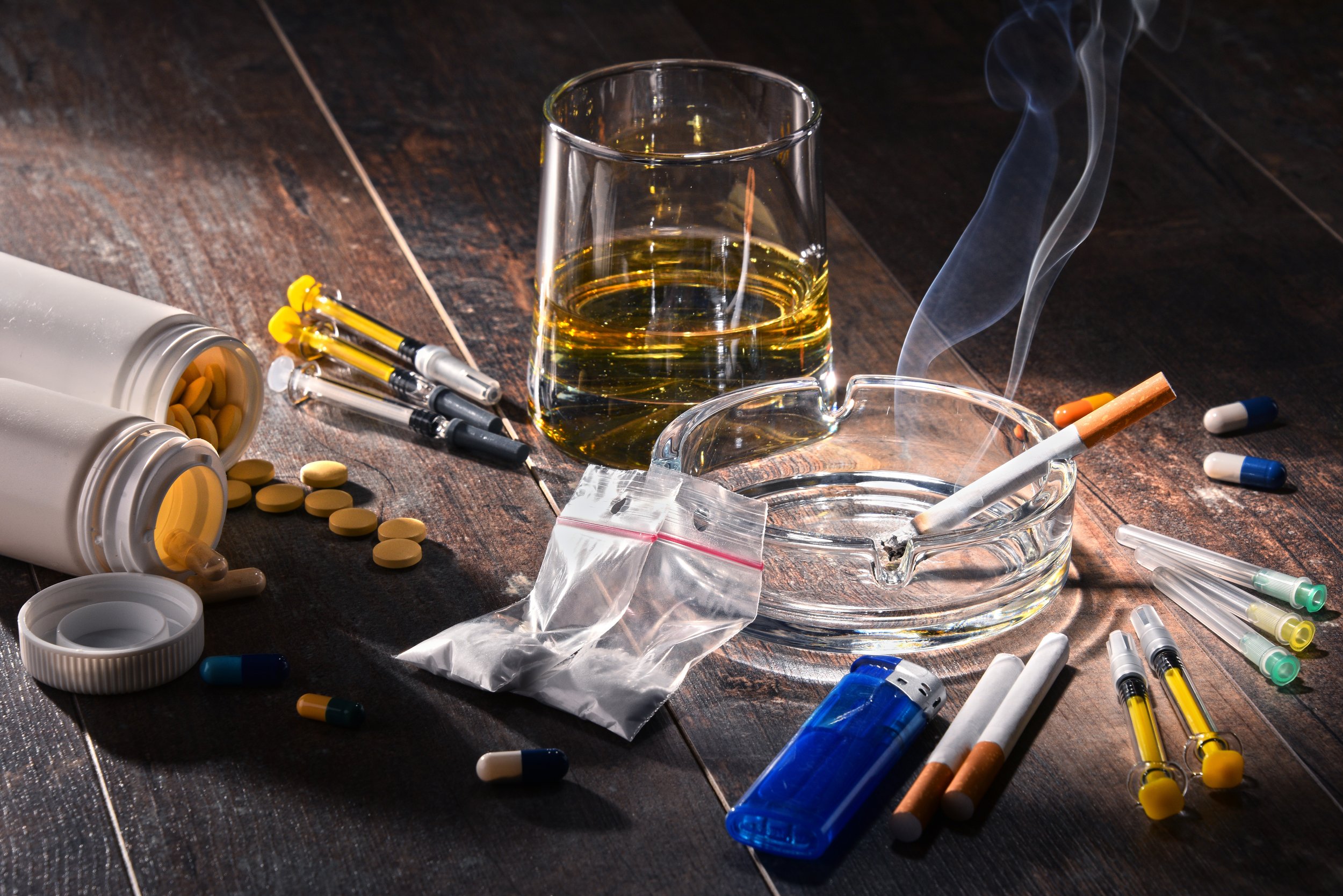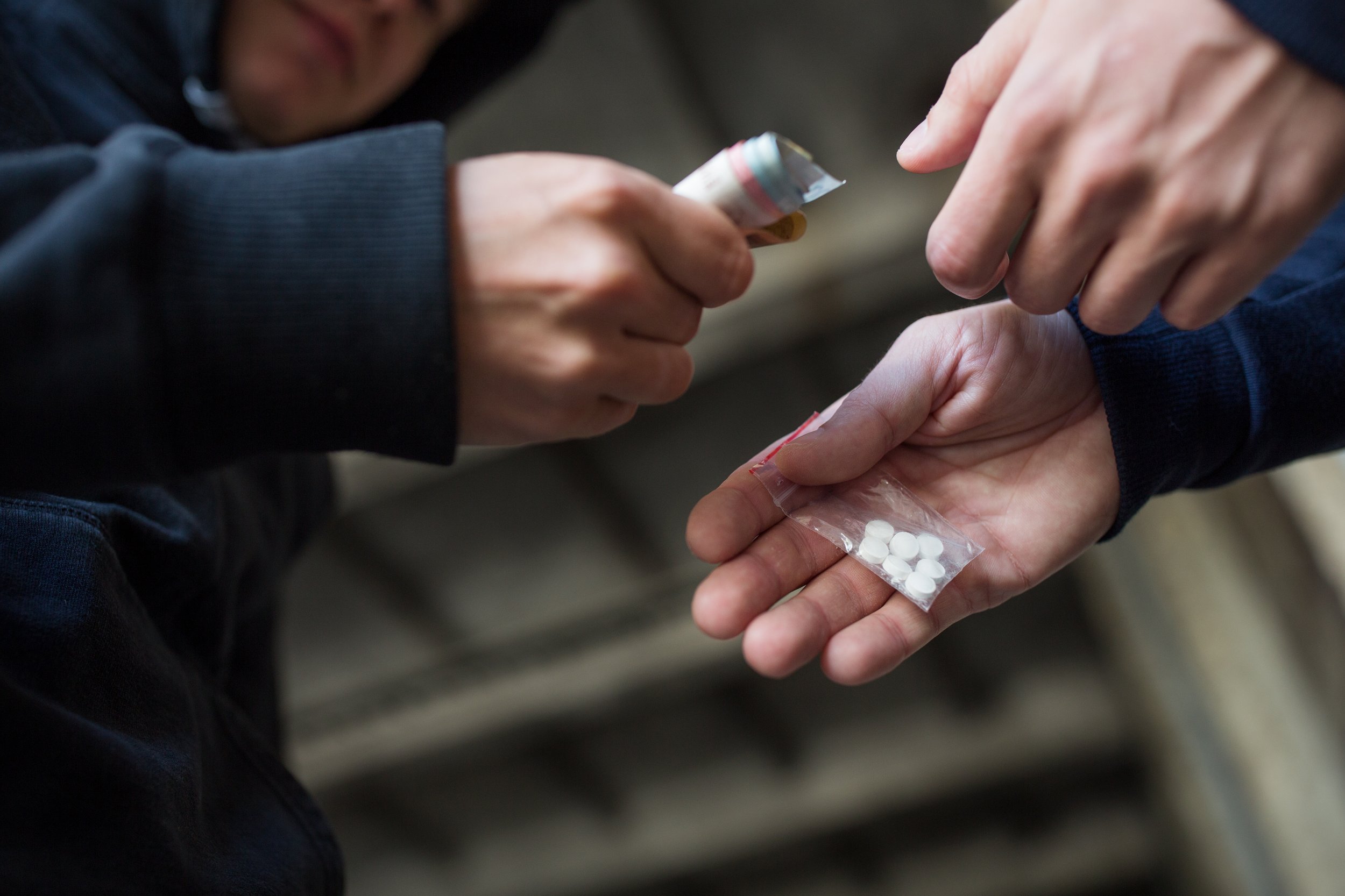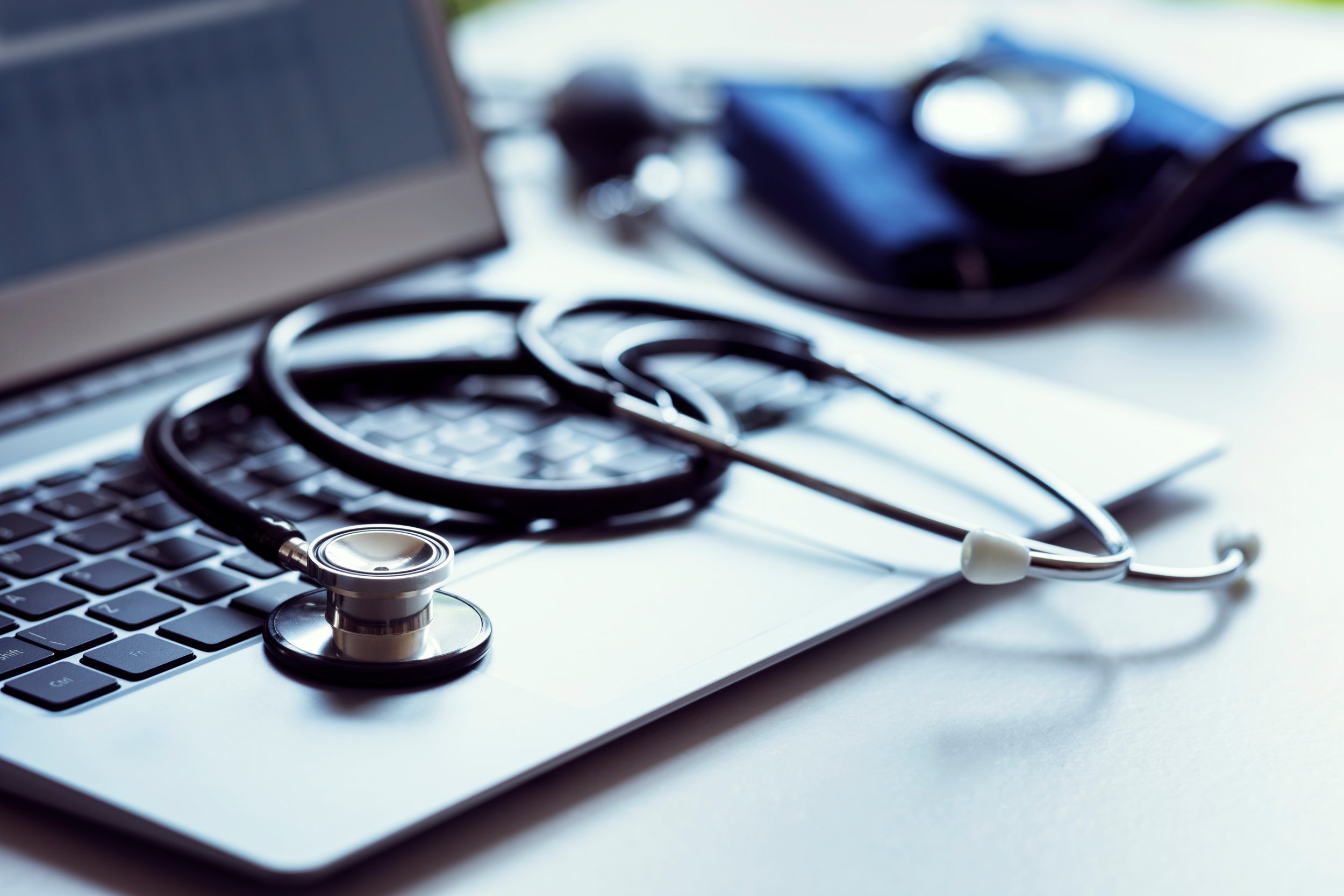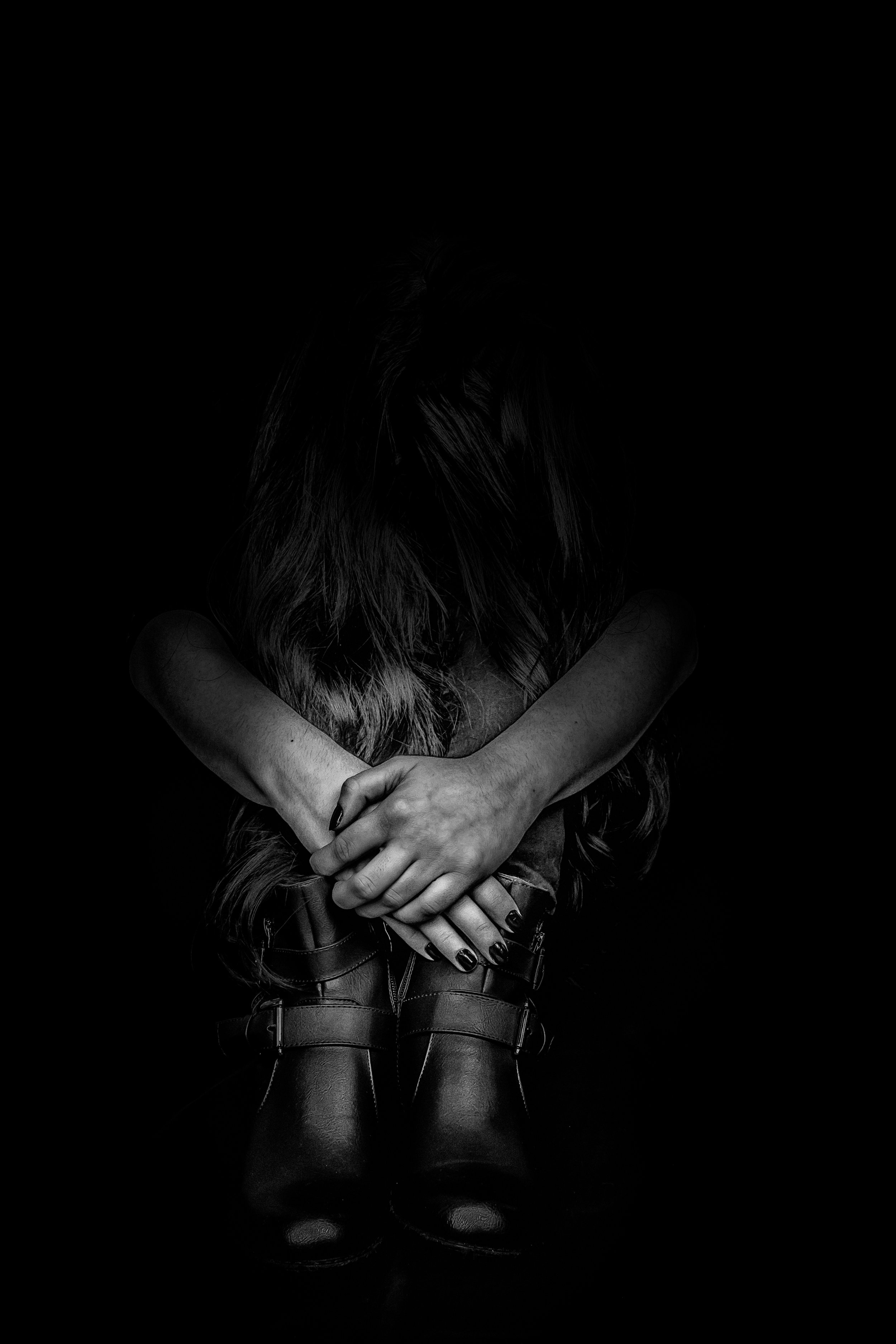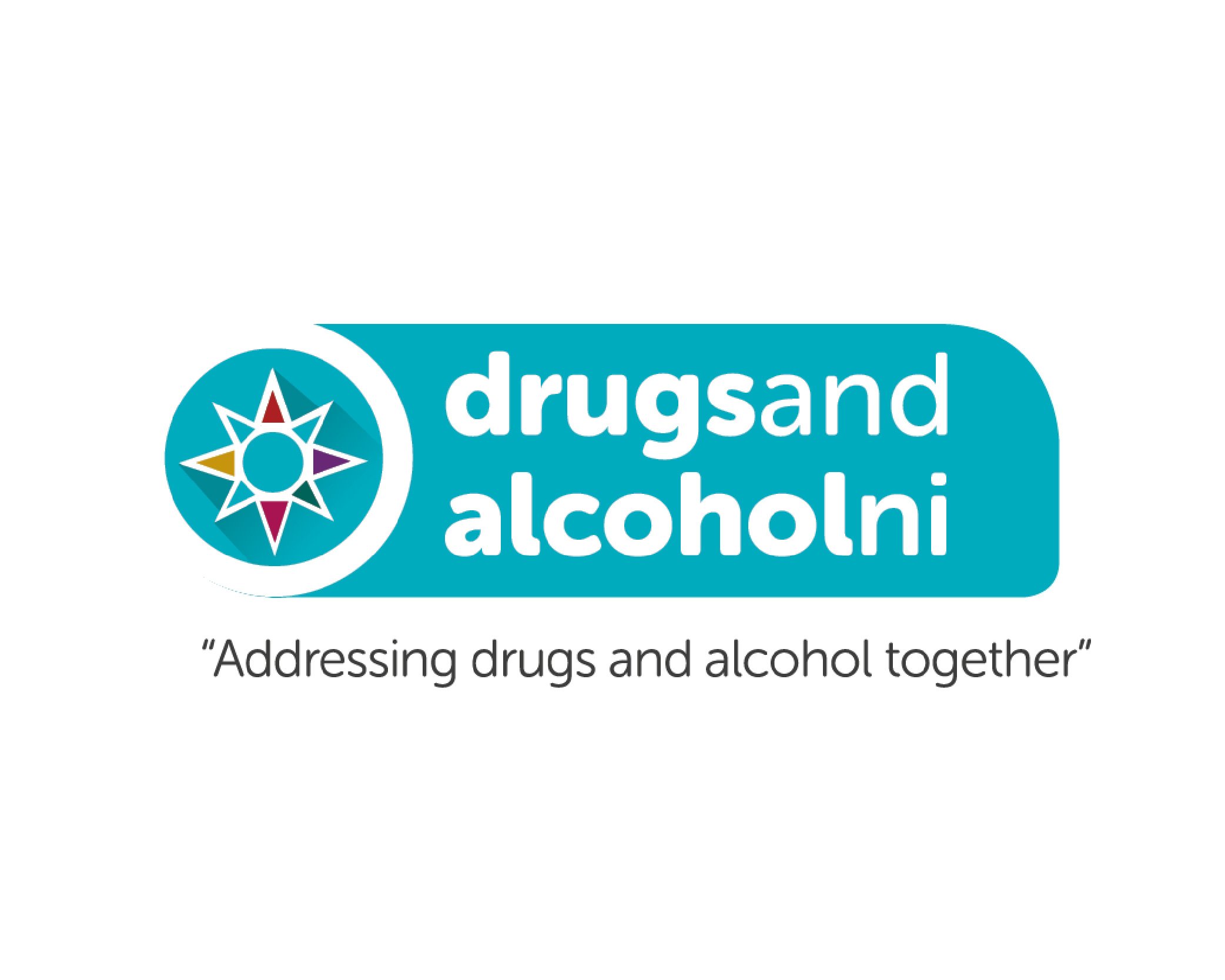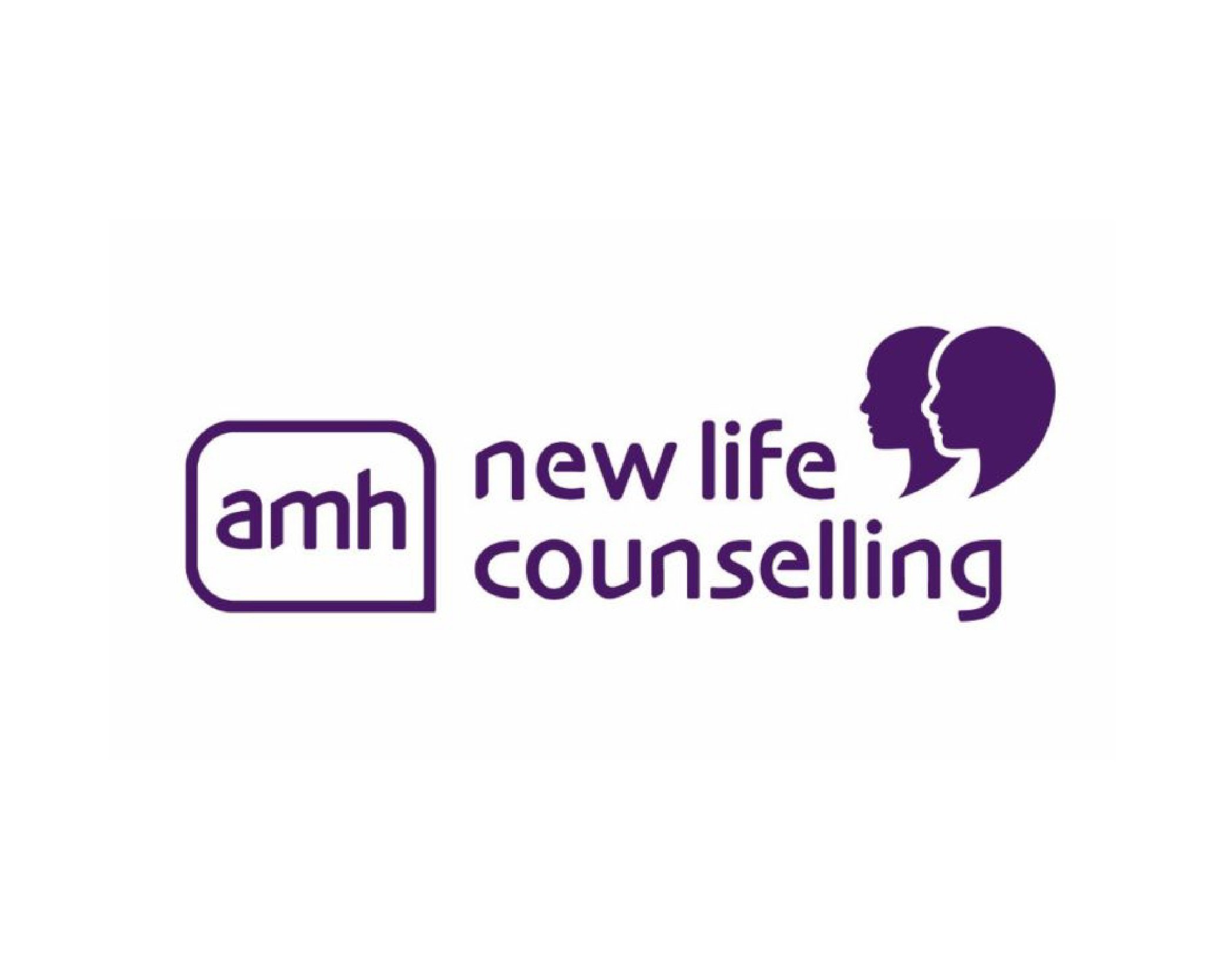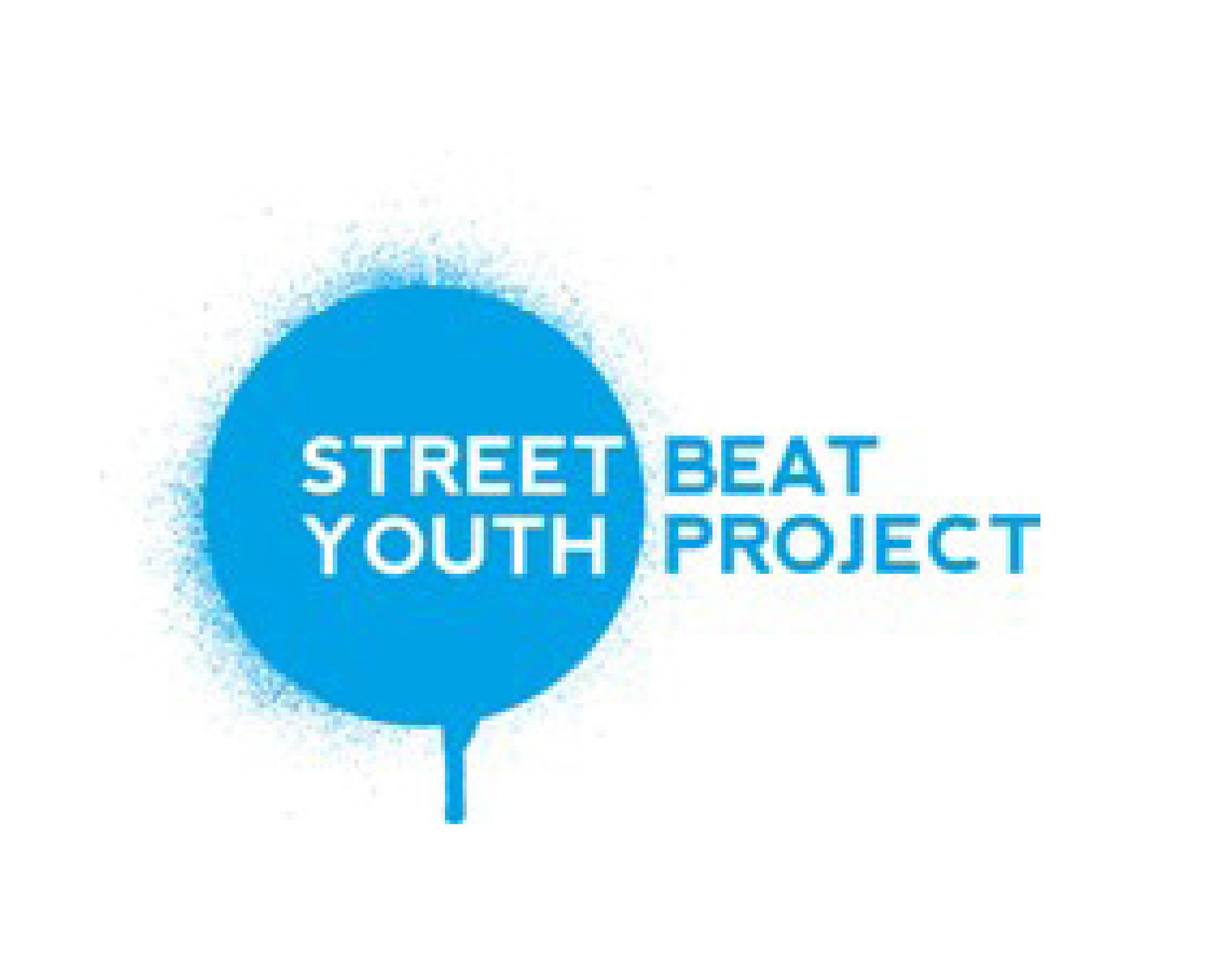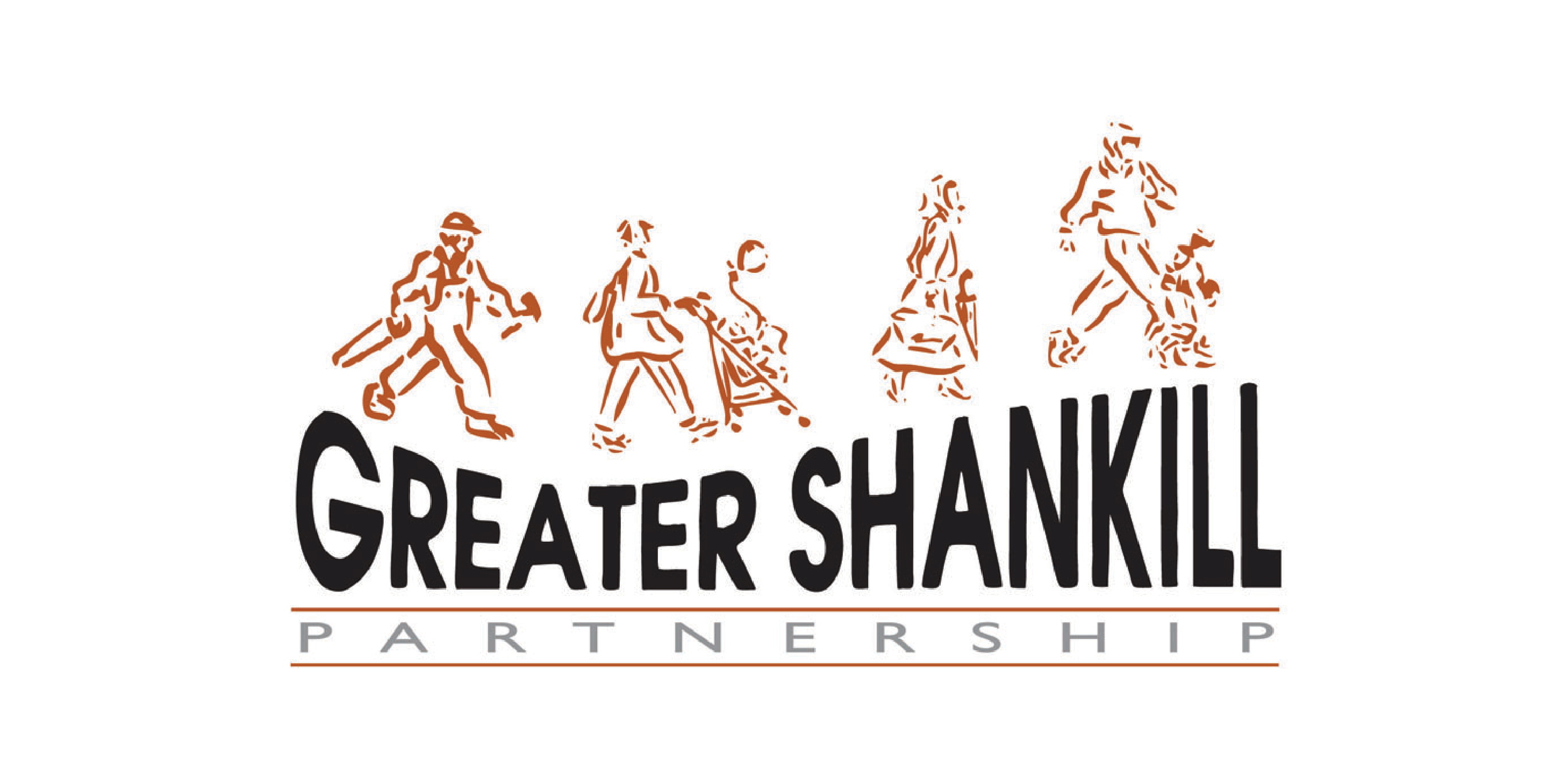
Greater Shankill Parents’
DOT
GUIDE
to Drugs & Alcohol
This toolkit has been created by Parents to help and support other Parents connecting the dots between their child and potential drug use.
Drugs are a common part of life today. There are lots of young people and adults who use these socially with only a small effect on their day to day lives.
For many others though, the use of Drugs can cause a wide range of difficulties & challenges and even have life threatening consequences.
For parents this subject can be scary, a little overwhelming and often leave you feeling at a loss.
Not knowing where to start to get information around drugs and knowing what you can do if there seems to be an issue are very common thoughts.
We want to help you Connect The Dots!
Drug issues can affect any family and it’s important to know that this doesn’t mean that as a parent you have done anything wrong or that a difficult situation can’t be overcome. We hope to connect you to information, advice and supports.
Here you will find:
Young people using drugs is not new and we know that many will experiment at some stage in their life. One of the main challenges for parents is keeping track of the different drugs that are available. They often change name and sometimes how they are used changes too.
Let’s take a look at some of the more common drugs being used by young people….
Section 1:
The Drugs:
What are they?
Click on any drug to read more.
We know that sometimes young people will take more than one drug at a time, this is known as Polydrug use.
For example – having alcohol on a night out and then taking cocaine or taking ecstasy and then using cannabis at the end of the night to get to sleep.
The affect on the body of taking different drugs around the same time can be even more difficult to predict than using only one.
Section 2:
Consequences: What can happen?
There can be a lot of consequences when someone gets involved with drugs. These can be for the person – now and in later life as well as for the whole family.
Lets look what can happen when a young person is using drugs.
Addiction
All drugs, prescription or illegal can become addictive, this will generally come about from regular use and an increase in the amount of drugs being taken.
If someone is using a number of drugs (Polydrug use) they can become addicted to all of these and will start to ensure they have access to all these drugs when using.
-
Not all young people will see they have an issue with their drug/s of choice and they may be reluctant to seek help. This can be very difficult for a parent who just wants them to stop using and have the son/daughter back to who they were before they started taking drugs.
Getting support for you and other family members can be helpful and will support you to help your loved one when they are ready and willing to talk to someone about their use.
They may also be more encouraged to seek support to reduce their usage and work towards stopping completely over time.
Dealer
Young people are most likely to take drugs with their friends or in a group, they are likely to pull their money together to get a better deal for their drugs (more you buy the cheaper it is).
If one person from the group takes all the money and buys the drugs whether from online/app/dealer and then shares the drugs out, they are effectively a dealer in the eyes of the law.
-
If caught by PSNI they will be prosecuted for being in possession of drugs with intent to supply.
Young people can also end up becoming a dealer to their friends if they owe money, it is portrayed as an easy way to pay back their drug debt and fund their habit. Having drug debts can be very difficult to break free from and may keep a young person connected to ‘gangs’ and other groupings.
Crime
Drugs aren’t cheap and the more they use, the more it will cost.
Funding a drug habit may result in them finding ways to get money, such as stealing money from family, selling items of value, shop lifting, or even taking/ selling prescribed medication that hold a street value such as pregabalin, tramadol etc.
They may even turn to drug dealing to help pay off debt or pay towards their drug use. This means there is a risk that your son/daughter may end up with a criminal record.
If someone is found to have drugs on them by PSNI, how this is handled can be different, depending on the circumstance:
-
Having drugs whether they belong to them or not, it’s likely that they will be arrested and the drugs seized and destroyed.
If they are aged 17 or under, the police would contact yourselves, the parent/guardian.
The punishment would then depend on the class of drug, the amount of drugs and their personal history (previous crimes and/or any previous drug offences).
-
Supplying drugs doesn’t just apply to dealers. If police suspect a person is going to share drugs with their friends, this is still considered to be supplying.
Being suspected of supplying drugs means they are likely to be charged.
The amount of drugs found and whether they have a criminal record already, will be taken into account when a punishment is being decided.
-
They could receive a caution which stays on your record for 2 years if under 18 or up to 6 years if over. If they are applying for jobs or even a travel visa, they will need to declare their caution on their application.
-
A conviction is when they have been found guilty of an offence in a court of law.
They may have received a fine, prison sentence (including a suspended sentence) or community service.
Depending on the circumstances this could stay on their record for life or be removed after a period
(see: NIDIRECT website for more info).
This will affect any future job prospects or voluntary work with children or vulnerable people or travel you wish to do later in life.
Mental Health
Taking drugs for a long period of time or mixing different drugs can cause serious issues for mental and emotional well-being.
Drugs can make a person more unwell and more likely to try and harm themselves or take their own life.
-
Negative thoughts are likely to occur during a comedown (when the drugs are wearing off) which can last for a few hours or days depending on what and how much was taken.
If there is a history of mental health problems in the family, taking drugs can be particularly risky and increase your chances of developing psychosis or a psychotic disorder.
Physical Health
Drugs can affect your overall physical health like lack of appetite, poor hygiene, poor memory, increased risk of cancer, damage to liver, kidney and heart, infectious disease from sharing equipment, unprotected sex, overdose, damage to your teeth or nose cartilage.
-
More likely to fall over and injure themselves while under the influence.
Vulnerable
Being under in influence of any drug your child may be more likely to act out of character and take risks from unprotected sexual activity, complete a dangerous dare, abuse someone physically or verbally.
-
In today’s society where everyone has a mobile phone, it is more likely to be recorded and shared via social media platforms Facebook, Tik-Tok, Instagram, Snapchat or WhatsApp group chats.
They may be feeling mortified, embarrassed and hurt that their actions have been shared with the world and this could affect their mental health and decision making.
Coercive Behaviour
Young people who are using drugs are more likely to be persuaded to do things they don’t want to. This tends to be coercion from someone they are in a relationship with someone, a close friend or someone they look up to.
-
Some things they could be asked to do may include:
deliver/ drop off drugs or collect money
hold onto someone’s drugs, ‘mind them’
‘take the rap’ for someone especially if they don’t already have a criminal record, as they may get a lesser conviction than someone who is already known to police
Loss
Becoming involved with drugs can result in you or your child experiencing loss in many different ways:
-
Loss of ‘your child’ - you may not recognise them anymore, you may still love them dearly but not who they have become.
Loss of a relationship – perhaps with your spouse/partner because you are trying to support your child with their drug dependency.
Loss of family members and friends who won’t visit or involve you in social gatherings any longer
Loss of credit rating if getting yourself into debt paying of their drug debts.
Loss of job if their behaviour and actions is affecting your ability to go to work and concentrate
-
Being asked to leave their home and family
Not in control of their own thoughts and decisions because of dependency
Loss of independence - being controlled by others.
Loss of motivation to do things with their life
Loss of long term friends who no longer mix in the same friendship groups
Loss of girlfriend/boyfriend/partner
Loss of access/ relationship with their own children
Section 3:
Using:
What do I look for?
With some drugs it can be easy to tell that a young person is using them. This might be because they need certain equipment to be able to use them but others can be more easily hidden.
This means you often have to connect the dots where there are changes in things like physical appearance, behaviour, finances etc.
Looking for aspects that are out of character or sudden changes for your son/daughter is key – you probably know them better than anyone else.
Young people are also going through a process of change – going from childhood into becoming an adult so some of the things a parent may be concerned about may simply be part of their adolescence.
-
Sudden loss of weight.
Loss of interest in their personal appearance.
A smell on their clothing.
issues with their skin.
Sores around the nose or mouth.
Nose bleeds.
Acne.
Redness in the eyes.
Loss of appetite or having ‘the munchies’.
Dilated pupils.
Unsteady on their feet.
-
mood swings
very low moods
being aggressive or having outbursts of anger
being very secretive
panic attacks
withdrawn
wanting to isolate themselves from family or friends
paranoia or real mental health concerns
-
having no money or not being able to explain what they have spent their money on
asking for money more/demanding
money going missing
valuables going ‘missing’
seeming to have more money than usual
-
changes in friendships, new friends
suddenly being out all the time if they usually spend time at home
coming home late or sneaking out
getting into arguments with friends or falling out
-
Loss of interest in School/Education or Work.
Falling behind with work or performing badly in tests or exams.
Not attending School or work - or dropping out completely.
There are also specific things to keep an eye for with particular drugs.
You can read more about each of these using our information tool included in section 1.
It’s also very important that we don’t look at one of thing in isolation and assume that someone is using drugs – if you find that you are connecting to a few then it may be time to chat to your child about what is going on with them.
Section 4:
Starting Point:
What do I say?
Talking about Drugs with your child may be a difficult task for a parent and having some understanding about the drugs is a good starting point.
Your relationship with your child is so important, you don’t want to ‘accuse’ them of using drugs and discover that you have got it wrong.
You have connected the dots and you think your son/daughter has started experimenting with drugs or may have developed a more serious issue with their use of drugs.
So, what can you say or do?
1- Stay Calm:
Even though you may be angry & upset try to keep your cool, getting into an argument will probably not encourage your son/daughter to be open and honest with you about what is going on.
2- Reassure Them:
You care about them, don’t assume that they already know this. Young people need to know that even if they are having issues with drugs you will be there to help and support them
3 - Show Concern:
tell them you are worried and share some of the things that are making you concerned. They may be surprised by what you have noticed.
4 - Encourage Them:
To be truthful so that you can get a real understanding of the situation and what support they may need from you and others.
5 - Listen:
Let them tell you in their own way, a long list of questions may feel more like an interrogation.
6 - Hold Back:
Avoid blaming others for the situation, understanding that young people make decisions for themselves.
7 - Accept:
That most young people will try alcohol or drugs at some point, that you & they don’t need to be embarrassed if things have gotten out of hand. It’s more important to look at how they move forward.
Potential Scenarios:
-
After a good discussion you are content there are no drug issues, any concerns you had have been dispersed as they have told you bits and pieces about whats going on in their life.
Great work! This has opened up a connection between you and your child to talk again in the future about issues like drugs & alcohol. It may be easier to mention if you have a concern and they may be more likely come to you if something comes up for them.
-
The conversation goes well, they open up and tell you they have been using drugs and agree to get support.
Positive steps! Even though it may feel disappointing to know they are using drugs, they have taken a huge step and acknowledged that with you. They should be commended for being honest and it gives them a chance to make changes with some support.
-
A huge argument develops, they deny any drug use, despite you sharing your concerns they refuse to discuss anything and storm out.
This can be very difficult scenario. Without a real understanding of what is going on and a willingness to talk about the issue a parent can feel very helpless.
It may be worth letting everyone cool off and trying to have the conversation at a later stage, or perhaps another family member or close friend could try to have the conversation instead.
If it is fairly certain that drug use is an issue it may take time for them come to a point were they are ready to have a genuine discussion about it. For some families it is only when the situation becomes a crisis that people acknowledge what has been going and the situation they may have gotten themselves into.
Again or many families, this is so common and often hidden for fear of being embarrassed. Unfortunately, again this can leave parents feeling very isolated.
Section 5:
Step Back:
How do I help myself?
Discovering that your child is using drugs can leave a parent feeling overwhelmed with a whole range of emotions. This is to be expected – as parents we never imagine that drug issues will effect our families.
Some of the feelings could be…
Shocked
That this is really happening – thinking ‘this can’t be real’
Even surprised that you ‘missed it’ at first
Embarrassed
Worried that people will be talking about you and your family.
You ‘never thought it would happen to your family’
Only ‘junkies’ take drugs
Guilty
Feeling like you haven’t been a ‘good enough parent’
That everything ‘is your fault’
Angry
That your child ‘has done this to you
That they are a ‘bad kid’
Fearful
Of what people may think or say about you, your child and your family
Of your child getting a ‘bad reputation’ and this following them as they get older
Of your child getting ‘into trouble’
Helpless
not being able to ‘fix it’ for your child
not being able to ‘make them’ tell the truth
not being able to ‘force them’ to stop using
Isolated
Friends and family may not be able to understand your situation so may not be able to help
Your family might be struggling to agree the best way to help your child – leaving each person feeling alone in their worries
All of these feelings are totally understandable, and it is important to give yourself a little time to get used to the fact that this is REAL.
Take a breath and
Admit how you are feeling – to yourself or perhaps a friend or family member. You may find that saying how you feel out loud will help ease the sense of being overwhelmed.
Recognise that you cant control everything – as our children get older, they learn to take control of their own lives. Meaning we cant make them do things – even if we want them too. Sometimes they make choices and get involved with things we are not happy with. It can be difficult to stop them – we can only try to guide them to make good choices!
Keep your own routine – try to keep your day-to-day life as ‘normal’ as possible. Eat, sleep, work and take time to relax as it is important to keep you healthy as well. You can’t support your child if you make yourself unwell.
Understand that sometimes hard decisions have to be made – we know that when drug issues are extreme some parents find themselves facing choices around how to protect their child from themselves or others. Don’t try to manage these choices alone, ask for advice on how you can ‘make the best choice in a difficult situation.
Talk to someone – decide who you feel comfortable with and set aside time to ‘offload’. It may even be helpful to link with an organisation who offers support for parents around drugs issues.
Reach out – if things are getting too much and you feel like you are ‘close to the edge’ don’t wait until you feel broken, chat to your doctor or a support organisation and let them guide you on how to keep yourself safe.
Section 6:
Support:
Who can I turn to?
There are lots of support agencies and professionals who are able to provide you with help.
Specific Drugs Agencies
Talk To Frank
Drugs & Alcohol NI
Daisy Project
Dunleway
Counselling Organisations
Integrated Services
Lifeline
24/7
New Life Counselling
Street Beat Youth Project
Family Support Services
Family Support Hub
Integrated Services
Start 360
Ascert
Youth Organisations
R-CITY
North Belfast Area Project
Forth Spring Youth Matters
Street Beat Youth Project
Springboard Opps
Local Organisations
Extern Reaching Out Project
Alternatives
Medical Support Services
Your GP may be able to provide further Medical Support and Advice specific to your child’s needs. If needed, your local GP Out of Hours can do the same.
In Case of Emergency
In Case of Emergency
Section 7:
Emergencies:
What do I do?
Taking drink or drugs is not without risks, as a parent or guardian it can be a frightening and an emotional experience to see your child become ill or in distress from taking drugs. Being prepared will help you to handle the situation and seek the appropriate help.
So… How to deal with it? If they…
-
Common with Cannabis, Ecstasy, Cocaine, LSD.
They may not be making much sense or could be agitated.
Calm them down by talking in a low and slow voice
Be reassuring and explain what you are doing (don’t touch them without telling them first)
Steer them clear of crowds, noisy music
Stay away from bright lights
Tell them to take long slow breaths
If behaving irrationally remove sharp objects, car keys etc.
-
Common with Tranquillisers, Heroin, Alcohol and Solvents.
Keep them awake, but do not shake them hard or startle them, especially if they’ve been using glue or other solvents;
Place them in the recovery position (see below) and talk to them;
Never give coffee to rouse them. This can make the drug stay active in them.
-
Commonly seen with Ecstasy and Speed.
Move them to a quiet, cooler place
Take off excess clothing to help them cool down
Give them non-alcoholic drinks like fruit juice, sports drinks or water to sip (no more than a pint an hour)
-
Commonly seen with Alcohol, Solvents, Heroin, Tramadol and other pain relief medication (more info here),
Place them in the recovery position;
Check their breathing, be prepared to do mouth-to-mouth resuscitation (see below);
Call an ambulance;
Keep them warm
If they’re slipping in and out of consciousness, don’t attempt to give them fluids as they can easily choke.
If someone has taken a drug and becomes unresponsive make sure to seek help.
Your natural reaction may be to panic, but try to remain calm and check for any possible dangers (broken glass, needles) to you or the other person before following the instructions provided by St. John Ambulance.
If possible, try to find out what drugs they have taken, how much and if they were swallowed or injected. This will help the paramedics when they arrive.
Ensure you stay on the call with the operator and explain what has happened, listening carefully to their instruction.
As a parent you can help them to be more prepared…..
Have the conversation with your child about what to do in an emergency, do not assume they will know what to do.
Understand that if they are with other young people who are taking drugs, they may be worried of the consequences of calling for help = particularly from parents or the police.
Reassuring them that no matter what drug they have taken or where they are taking the drugs, they must call for help.
If they don’t it could lead to a serious consequences for that person including loss of life, this could affect the young person’s mental health feeling guilty and remorseful for not doing something.





